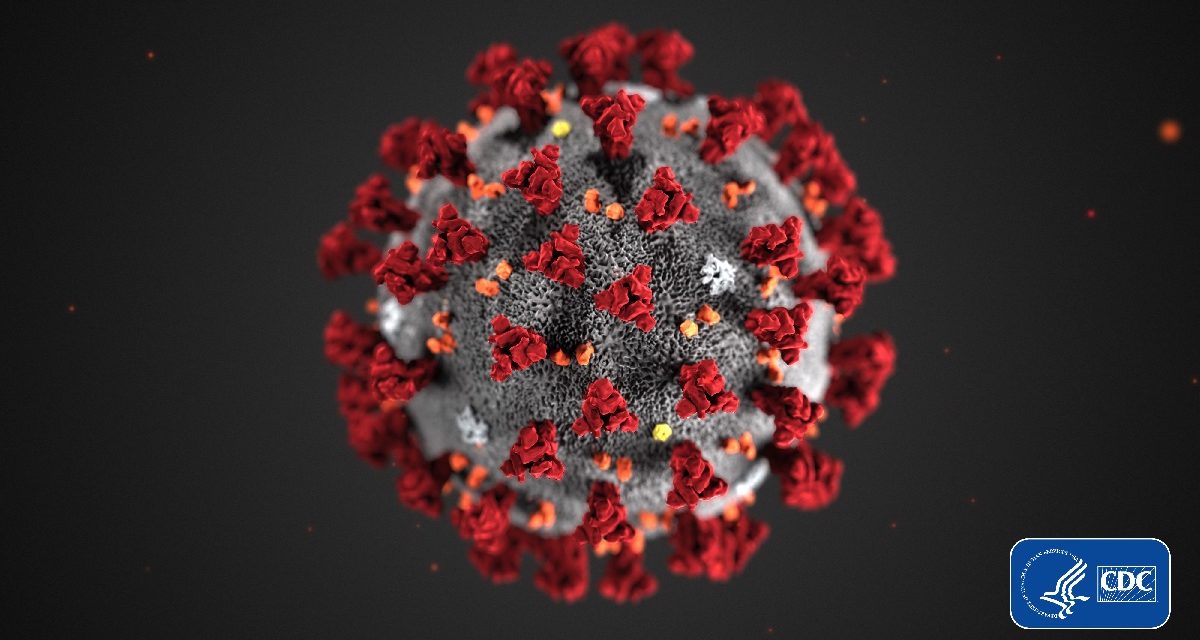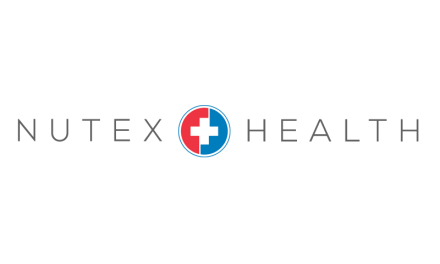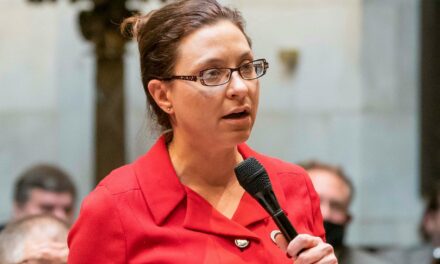
Wisconsin considers isolation facilities to slow COVID-19 spread

Wisconsin officials are considering how to set up voluntary isolation centers to slow the spread of COVID-19, Gov. Tony Evers said on a press call Monday.
There have been 1,221 positive tests for COVID-19 in the state and 15,856 negative tests, the Department of Health Services said Monday. There have been 14 deaths.
“We are heading into the worst of this, folks, and the need is only going to get greater,” Evers said.
Evers told reporters that they’re supporting hospitals and tribal health partners in setting up “voluntary isolation centers.”
The centers are meant to be “safe places” for people who need to be isolated to reduce the spread of COVID-19, said Department of Health Services Secretary-designee Andrea Palm.
“What we’ve learned from our colleagues around the world and around the country is an inability to have safe, isolation places for folks minimizes your ability or reduces your ability to slow the spread,” she said. “We are very actively working on a number of locations.”
Evers said they’re also working with the Army Corps of Engineers to make sure field hospitals and facilities are ready to address the surge of acute patients in the coming weeks.
“I’m sure many of us would like to just wake up from this nightmare tomorrow morning and say it never happened,” Evers said. “But the responsible thing to do is to plan for the worst and hope for the best, so that’s exactly what we’re doing here in Wisconsin.”
Milwaukee Mayor Tom Barrett said on a separate conference call that the Army Corps of Engineers was in Milwaukee scouting locations for their work. That could include the Wisconsin Center in downtown Milwaukee.
Other communities have used similar institutions for hospitals, Barrett noted. Illinois officials said Monday that a field hospital being set up at McCormick Place in Chicago will have 500 hospital beds ready by the end of the week.
“I think that there’s a good chance, unfortunately, and I mean unfortunately, that in the near future, we’re going to have to be examining whether there are locations outside the traditional hospital for us to have beds for people,” Barrett said.
Palm also said that the data they have on the state’s healthcare system and its capacity is improving. For instance, their data systems are showing the state has 1,215 ventilators, rather than the 620 they previously said. That’s because hospitals are reporting more real-time information, she said.
Last Friday, the Department of Administration said it was looking to purchase 10,000 ventilators.
Palm said they’ve made a request to the Federal Emergency Management Agency and the Strategic National Stockpile for ventilators and continue to pursue private vendors. She said they need to vet those companies and ensure they can deliver.
“This isn’t the first time we’ve sought ventilators,” Evers said. “We’ve been working with other states to try to make a purchase. Those purchases fell through because we’re competing with others.”
He added they believe they’re at the point where “we will have some success.”
Evers also said that the new federal stimulus approved Friday is a “great first step” and that the state needs “maximum flexibility” to address the crisis. His administration has yet to hear when it’ll receive the money and how the funds can be spent, he said.
Even with the federal dollars, the state will have to provide additional resources to state agencies, including the Department of Workforce Development, according to Evers. Last week, more than 115,000 new preliminary unemployment insurance applications were filed.
The agency’s call center also received more than 1.5 million calls during that same time period, an increase of 6,208 percent over their average weekly call volume. Last Thursday, the agency received 400,000 calls between 6 a.m. and 10 a.m. At one time, they averaged 160 calls per second.
Evers also announced a new public-private partnership Monday that’s expected to initially double the state’s COVID-19 testing capacity.
Exact Sciences, Marshfield Clinic Health System, Promega and UW Health will help bolster work by the Wisconsin Clinical Lab Network to bring additional COVID-19 testing online. The Wisconsin State Lab of Hygiene and the Milwaukee Public Health Lab was leading that effort before Monday’s announcement.
The network has been processing 1,500 to 2,000 tests per day. The new public-private partnership will double that capacity at first and continue to expand as “additional platforms and supplies become available,” according to a statement from Evers.
Evers also thanked the Wisconsin Diagnostic Lab at Froedtert, Children’s Wisconsin, Gundersen Health System and Advocate Aurora Health for their early work.
Palm told reporters that the “great limiting factor” are the ingredients needed to run the test.
“We all are very closely watching and working together to get our hands on the ingredients that we need to run these tests, but that ultimately really is what will limit our ability to scale up,” she said.
The labs are not testing sites, the statement noted. Wisconsinites seeking a COVID-19 test still require an order from a doctor. So far, the state has been prioritizing hospitalized patients, healthcare workers and those likely to see severe complications from the virus.
That requirement for a doctor’s order drew some concerns from Barrett on Friday. He said they need to work with Milwaukee-area health systems and community health centers to address equity issues.
“This has to be a situation where there is no differential between whether you have a personal physician or you don’t,” he said. “And that’s one of the issues we face in the city of Milwaukee where we have literally tens of thousands of individuals who do not have their own personal physician. And so if the gatekeeper mechanism for this is whether you have a personal physician or not, then we are in a load of problems.”
Wisconsin Health News is removing the password on all stories related to the coronavirus. For the latest developments follow us on Twitter at @wihealthnews or check out our website. For complete healthcare coverage, sign up for a free trial to our daily email newsletter.





